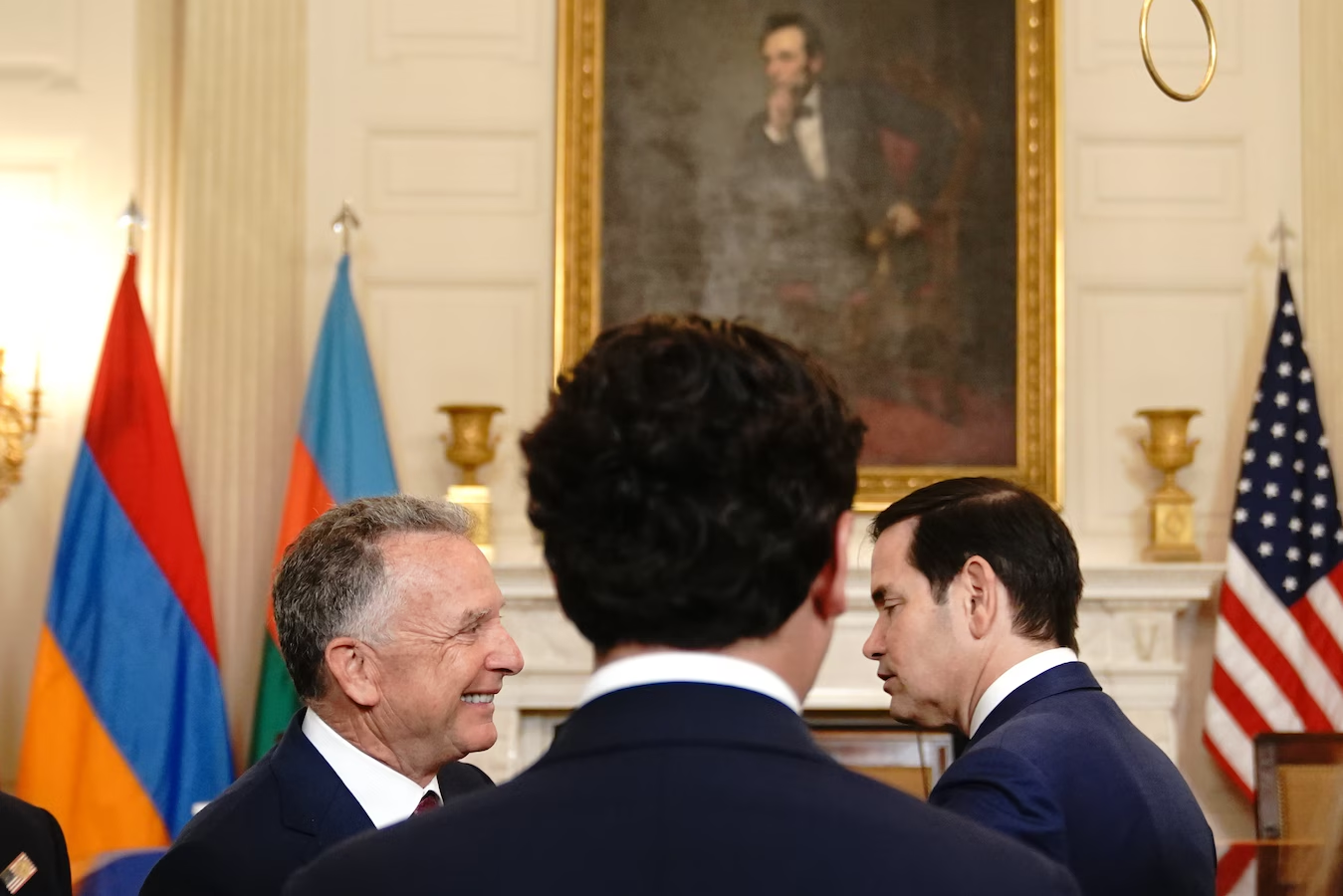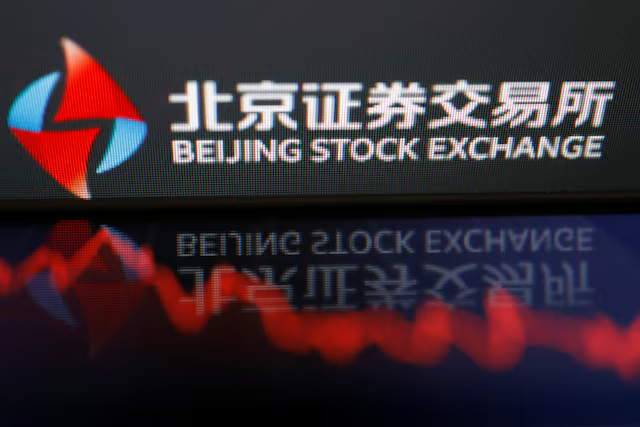Hedge funds have faced their largest-ever one-day net sales of global equities, following the announcement of sweeping tariffs by US President Donald Trump.
According to Goldman Sachs Group Inc.’s prime brokerage desk, the record selloff took place on the first day of trading after Trump’s tariff measures were unveiled.
The selloff continued throughout the week, with hedge funds scaling back their exposure across all global markets. North America led the charge, accounting for more than 75% of the net selling activity. For context, Goldman Sachs has been tracking this data since 2010, highlighting the scale of the shift in hedge fund positions. Additionally, hedge funds increased their short positions in US macro products, such as exchange-traded funds (ETFs) and indexes, by 22%—the largest weekly increase in more than a decade.
The global stock market is reeling from the economic fallout triggered by Trump’s decision to impose the steepest tariffs in over a century. The move, intended to address trade imbalances, has raised widespread concerns of a potential global recession. As a result, US equity valuations have plummeted to their lowest levels since 2023, and market volatility, as measured by the VIX index, has spiked significantly.
Goldman Sachs’ John Flood noted that the damage done by the tariffs is unlikely to be easily reversed, even if trade negotiations yield positive results. As the S&P 500 experienced one of its worst weeks since March 2020, major sectors including information technology, consumer discretionary, healthcare, and financials saw significant net selling. The global market selloff was felt across the board, with the Chinese and European stock indices also experiencing steep declines.
Adding to the pressure, some hedge funds have been forced to offload most or all of their equity holdings in response to the market rout. These funds, which often use borrowed capital to amplify their market positions, have faced margin calls as the value of their holdings dwindles. As a result, many hedge funds are curtailing their use of leverage and unwinding positions to meet these margin requirements.
The pressure on hedge funds is particularly pronounced in markets like South Korea and China, where margin calls have triggered a sharp rise in stock sales. In South Korea, for example, the value of stock sales due to margin calls surged significantly in the first three days of April, indicating the widespread effects of the selloff. In China, hedge funds have reduced their exposure to Chinese stocks, with some even hedging against further downside risks due to the escalating trade tensions.
Analysts at J.P. Morgan estimate that net hedge fund leverage has fallen by 5% to 6% over the past week, reaching some of the lowest levels since late 2023. As volatility continues to surge, these funds may be forced to sell even more stocks in the coming days, further pressuring global markets.
While the selloff is a direct result of the tariffs, experts caution that panic-driven forced selling may exacerbate the downturn. David Seif, chief economist for developed markets at Nomura, emphasized that the market reaction, while based on a real negative event, may take on a life of its own as investors scramble to liquidate positions.










The latest news in your social feeds
Subscribe to our social media platforms to stay tuned